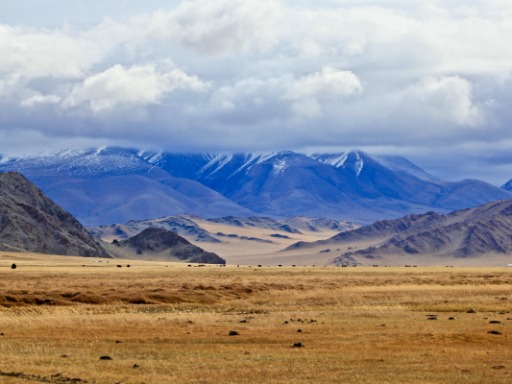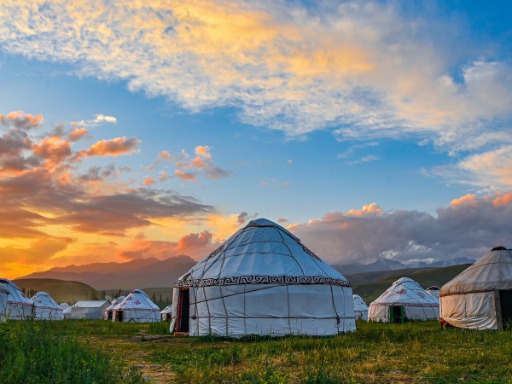The state of online citizen science in Mongolia and its potential for addressing environmental challenges
Mongolia is a sparsely populated Asian country covered by vast steppes, deserts and forests. The country faces several environmental challenges, including climate change, land use change and intensive urbanisation. Online citizen science (OCS) can help address these environmental challenges.
Few studies have been conducted on OCS activities in Mongolia. A study published in PLOS ONE in 2023 aimed to analyse the state of OCS in Mongolia and, in a further step, to place it in an international context by comparing it with Germany and Japan, where OCS is already well established. The study found that OCS has become more relevant in Mongolia since 2013, where projects have been introduced internationally rather than locally. A comparison with Germany and Japan showed that the use of web technologies and the level of citizen participation in OCS projects are similar in these countries, but the link to the United Nations Sustainable Development Goals (UN SDGs) may be different.

Additional local projects need to be developed to better respond to citizens' needs and environmental challenges. Mongolia has the potential to improve environmental monitoring and networking of different stakeholders using web technologies in citizen science. In the face of environmental challenges, citizen science research in Mongolia can be an important initiative to strengthen environmental monitoring and thus contribute to the preservation of cultural heritage and biodiversity.
In conclusion, online citizen science has the potential to play a significant role in addressing environmental challenges in Mongolia. By engaging citizens in scientific research and using web technologies, Mongolia can improve its environmental monitoring and respond to the needs of its citizens. Further development of local projects is needed to fully realise this potential.
